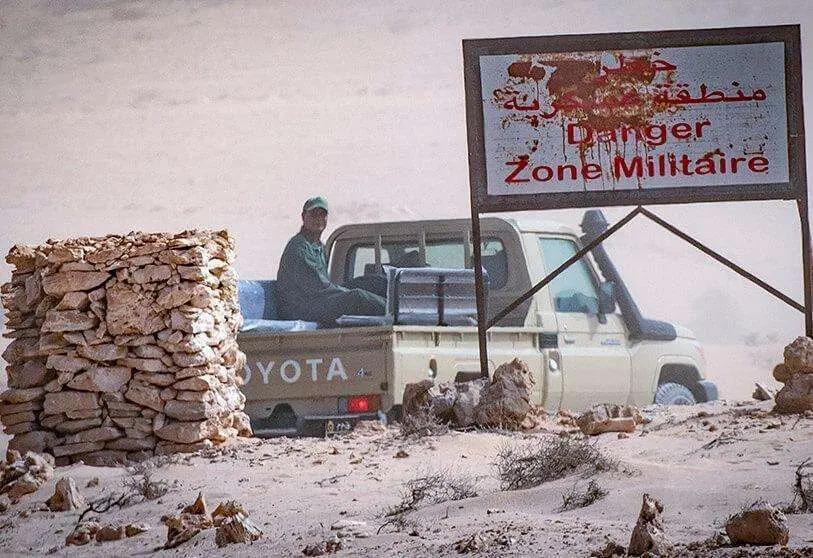Iran in the Maghreb

The threat to stability in North Africa is growing due to the activities of Russia and Iran, in collaboration with Algeria. In addition to the already well-known bloody incursions into different villages in Mali and Burkina Faso by Russian paramilitaries of the Wagner Group, there is now the delivery of Iranian drones to the Polisario Front, whose members have been trained by members of the Lebanese Hezbollah militia, supported by Iran. And in this worrying puzzle, terrorist groups are increasing their presence and influence in several Sahelian countries.
Morocco is concerned about a potential military threat from Algeria because the internal crisis that the Algerian government is going through has intensified its rhetoric towards Morocco and has threatened the military option following a controversial publication in Maroc Hebdo where a map of the Eastern Sahara region was cut up.
In this context, strengthening US-Moroccan cooperation is an effective element in protecting the interests of stability and balance in the region and blocking any escalation by the Algerian regime to cover up its internal conflicts. The visit to Rabat by US Chief of Staff General Mark Milley and his consideration of Morocco as a strategic ally is a remarkable reaction to the Russian-Iranian threat in the region and demonstrates the relevance of Morocco's role to European and US interests.
A Pentagon report, cited by CNN and Le Monde, was able to confirm Moroccan reports of the threat posed by cooperation between Algeria and Iran, which uses its external actions to achieve successes such as restoring relations with Saudi Arabia and the United Arab Emirates. The reality is that for the EU the Iranian threat is on its southern border, supported by Russia's increased presence in several African countries, which includes Algeria as its most loyal ally and persists in its goal of achieving an exit to the Atlantic at the strategic height of the Sahara or Mauritania. This is totally unacceptable to Europeans and Americans, most of whom support the proposal for broad autonomy for the Sahara under Moroccan sovereignty.
The Algerian regime uses its oil and gas resources to attract the will of governments such as the French and Italian, but its relationship with Moscow, and now Iran, reveals its intentions and interests against Morocco for hegemony in North Africa, rather than seeking reconciliation and understanding. International experts agree that Russia, with the support of Iran and Algeria, intends to create a 'pincer' on the EU with the invasion of Ukraine in the north and instability in the Sahara and Sahel in the south, aggravating the energy supply crisis.

